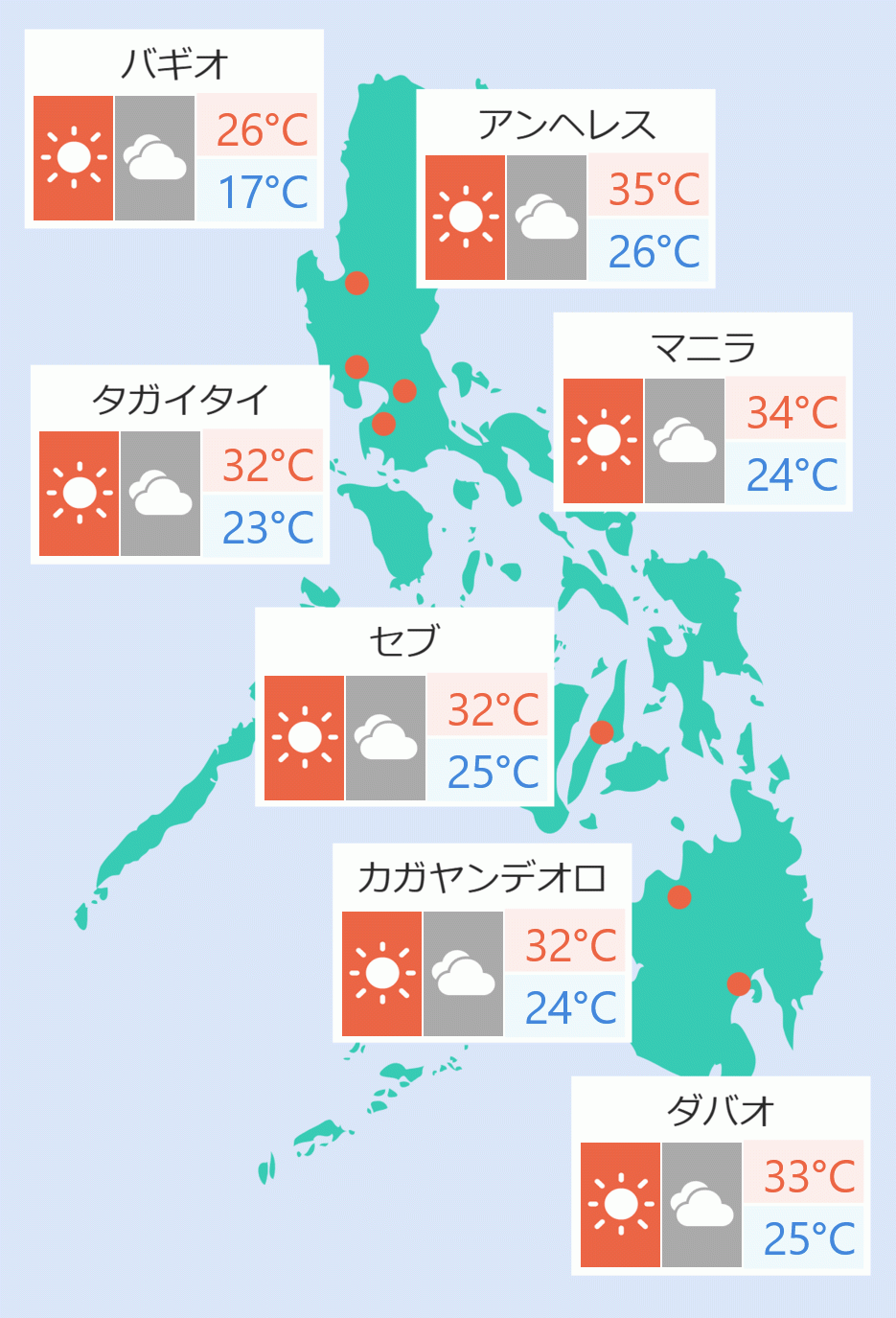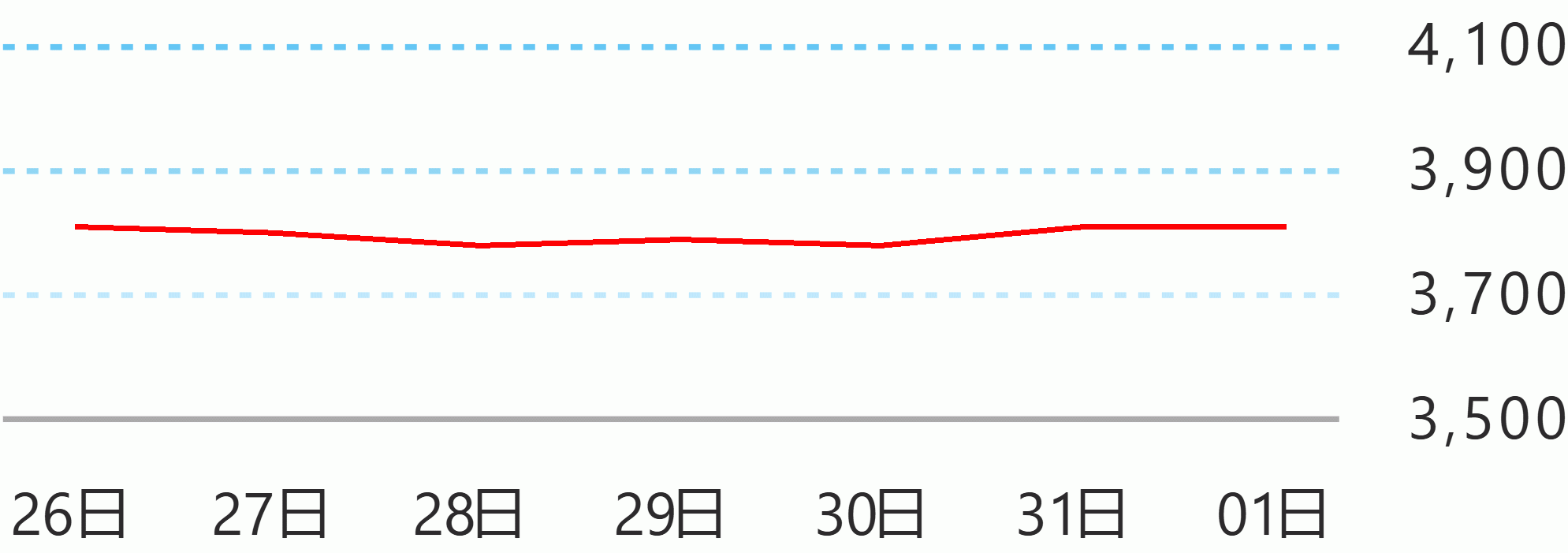Defense Secretary Gilberto Teodoro Jr. expressed concern over the substitute bill approved by the House of Representatives ? Ad Hoc Committee on military and uniformed personnel pension system.
"I do not subscribe to the proposed blanket mandatory contributions for military personnel, especially for those who have already completed at least 20 years of active service," he said in a statement Thursday.
Teodoro noted that President Ferdinand Marcos Jr. "envisions a carefully transitioned introduction of any pension reform plan so that those in active service will be impacted in the least possible way".
"The imposition of mandatory monthly contributions without a transition phase will definitely have an impact on our soldiers," he said.
"As Secretary of National Defense, it is also incumbent upon me to look after the welfare of our military pensioners. It has been my position that their pensions and entitlements, including 100 percent automatic indexation, shall remain unchanged. Ensuring the non-diminution of their retirement benefits is the least we can do in recognition of their sacrifices to the country," he added.
Teodoro issued his statement after Albay Rep. Joey Salceda claimed on Tuesday that the MUP Pension Reform which approved in principle by the members of the Ad Hoc Committee is amenable to both the military and uniformed services and to the economic managers.
"This is a win-win solution, because we are removing the risks of sudden spikes in pension liabilities while also ensuring that salaries and pensions increase at manageable levels," Salceda said.
"For the past 25 years, the salaries have only increased for nine years, so this is also a win for the active personnel, who will get a salary increase every year for the next ten years," Salceda added.
Salceda said "all the MUP services will get a separation benefit if they leave the service below 20 years in service" which "is a new benefit to the Philippine National Police (PNP)".
Teodoro also stressed "the substantial distinction of the Armed Forces of the Philippines (AFP) from all other uniformed personnel."
"The AFP performs a sui generis mandate emanating from the 1987 Constitution: to secure the sovereignty of the Philippines and the integrity of our national territory. Despite wearing uniforms and ranks similar to that of other uniformed personnel, there is no uniformity in terms of the nature of their duties and responsibilities," he said.
"The risks they face and the multifarious roles they play in nation-building and in times of crisis are well known. Furthermore, they receive no additional financial support from Local Government Units, unlike some of the other services. They are governed by strict rules of military law from the moment they first train until the last day of their service."Robina Asido/DMS





 English
English










